In a significant foreign policy move, President Donald Trump has redesignated Nigeria as a “Country of Particular Concern” (CPC) for engaging in or tolerating severe violations of religious freedom. The announcement, made on Friday, October 31, 2025, via the social media platform Truth Social, highlights the administration’s growing concerns over the targeting of Christians in the West African nation.
In his statement, President Trump pointed to an “existential threat” faced by Christians in Nigeria and attributed the killing of thousands to “radical Islamists.” “Christianity is facing an existential threat in Nigeria,” Trump stated. “Thousands of Christians are being killed. Radical Islamists are responsible for this mass slaughter. I am hereby making Nigeria a ‘COUNTRY OF PARTICULAR CONCERN'”.
This designation is a crucial step that could pave the way for the imposition of sanctions against Nigeria.[
Understanding the CPC Designation
The designation of a “Country of Particular Concern” is an executive power granted under the International Religious Freedom Act of 1998. It is reserved for nations found to be engaging in or tolerating “systematic, ongoing, egregious violations of religious freedom.” While the designation does not automatically trigger sanctions, it is a significant diplomatic tool that can lead to penalties, including the suspension of non-humanitarian aid.
This is not the first time Nigeria has been placed on this list. The Trump administration had previously designated Nigeria as a CPC in 2020, a decision that was later reversed by the Biden administration in 2021. The reversal was met with criticism from various religious freedom advocacy groups.
The Push for Redesignation
The recent decision follows a concerted effort by some U.S. lawmakers and Christian organizations to draw attention to the escalating violence in Nigeria. Senator Ted Cruz, for instance, has been a vocal advocate for the redesignation, citing “Christian mass murder.” Christian leaders had also recently communicated with President Trump, providing grim statistics on the persecution, stating that 52,000 Christians have been killed and over 20,000 churches attacked since 2009.
President Trump has tasked Representative Riley Moore (R-WV) and Representative Tom Cole (R-OK), the chair of the House Appropriations Committee, to “immediately look into this matter, and report back to me.” Lawmakers on the House Appropriations Committee commended the President’s action, stating, “Nigeria is the most dangerous nation on Earth to follow Christ.”
The Complex Reality of Violence in Nigeria
Nigeria, Africa’s most populous nation, has been grappling with complex security challenges for years, particularly in its northern regions. Extremist groups like Boko Haram and the Islamic State’s West Africa Province (ISWAP) have been responsible for widespread violence, targeting both Christians and Muslims.
While the CPC designation focuses on the persecution of Christians, some analysts and the Nigerian government have previously argued that Muslims constitute the majority of victims of armed group attacks, especially in the Muslim-majority north. The Nigerian government has consistently rejected allegations of failing to protect religious freedoms.
The security situation has reportedly worsened in recent years. Since President Bola Tinubu took office in 2023, over 10,000 people have been killed, and more than 3 million have been displaced.
International Reaction and Implications
The redesignation has been welcomed by international Christian concern groups, who see it as a vital step in raising global awareness and pressuring the Nigerian government to act. International Christian Concern President Shawn Wright expressed deep gratitude for the recognition, hoping it will lead to “tangible actions that bring relief and lasting change.”
The Nigerian government is expected to formally respond to the designation. This move by the Trump administration is set to have significant implications for U.S.-Nigeria relations and will renew international focus on the human rights and religious freedom crisis in the country.


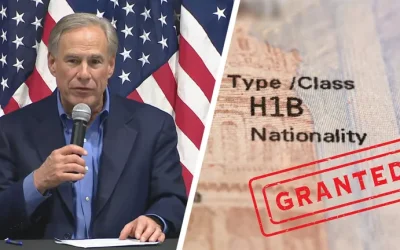


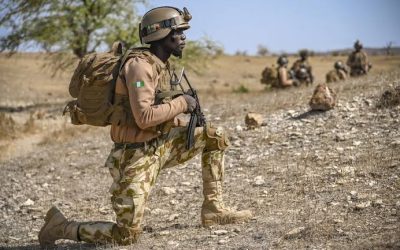
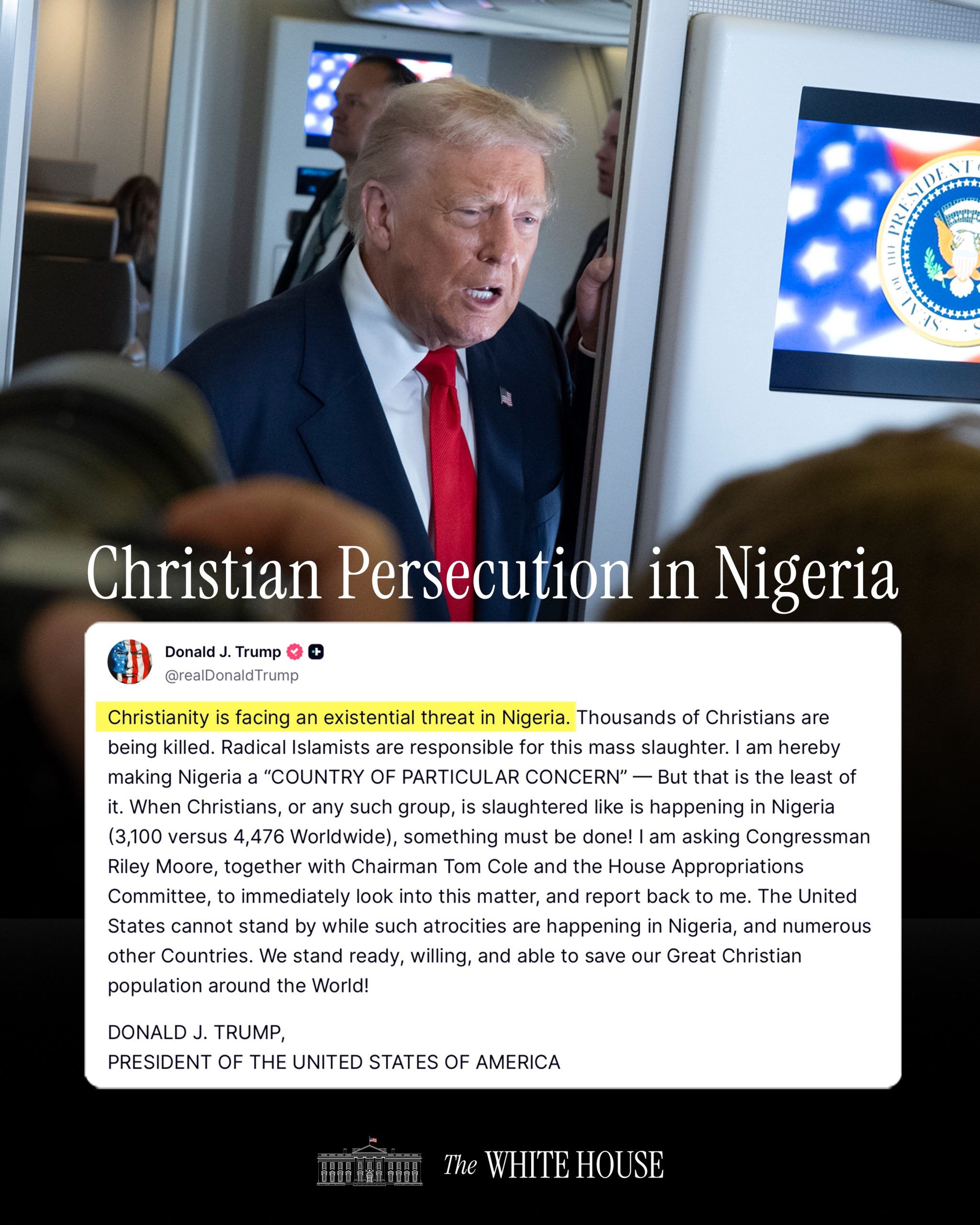
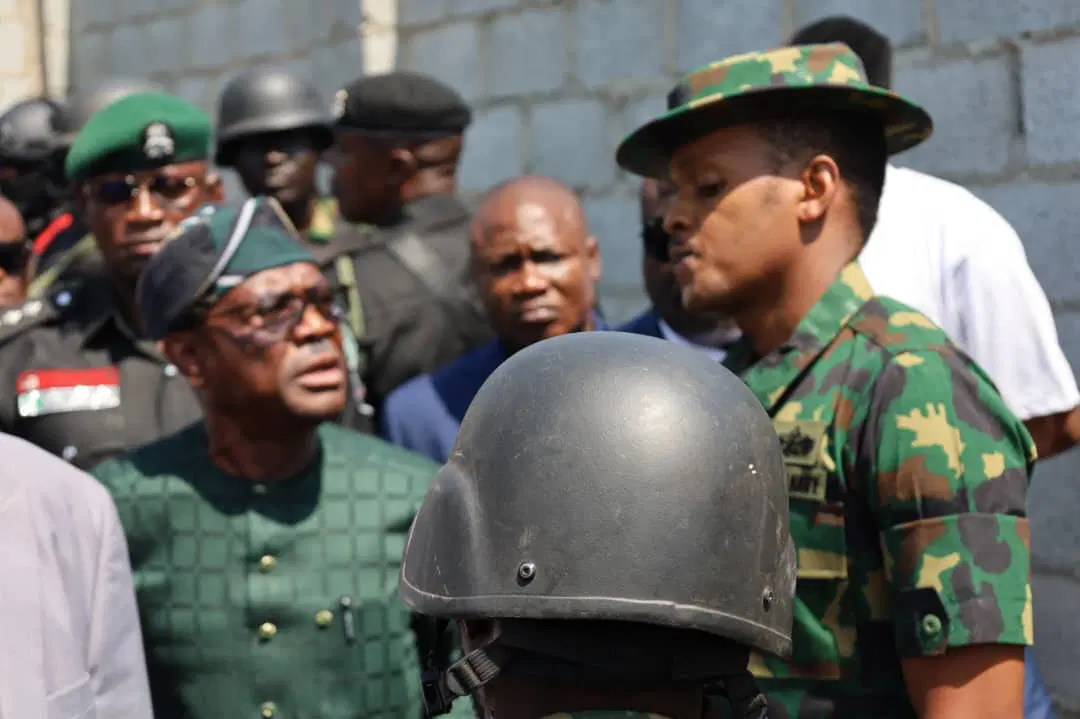
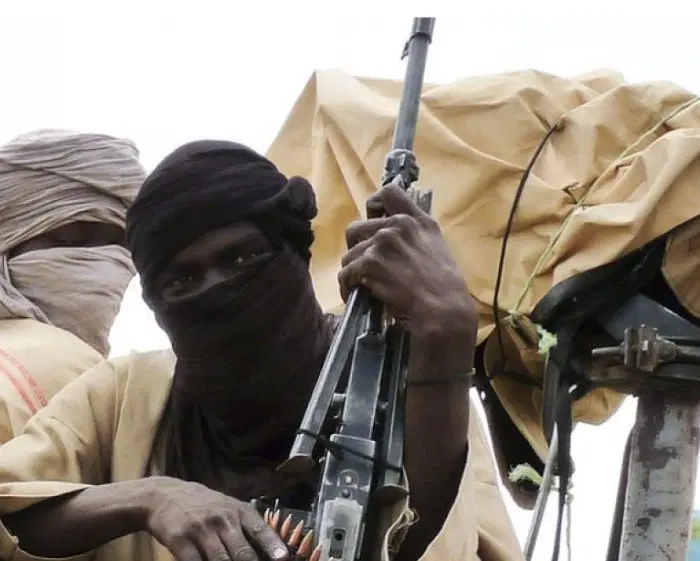
Thanks for sharing. I read many of your blog posts, cool, your blog is very good.
Thank you for your sharing. I am worried that I lack creative ideas. It is your article that makes me full of hope. Thank you. But, I have a question, can you help me? https://www.binance.info/de-CH/register?ref=W0BCQMF1